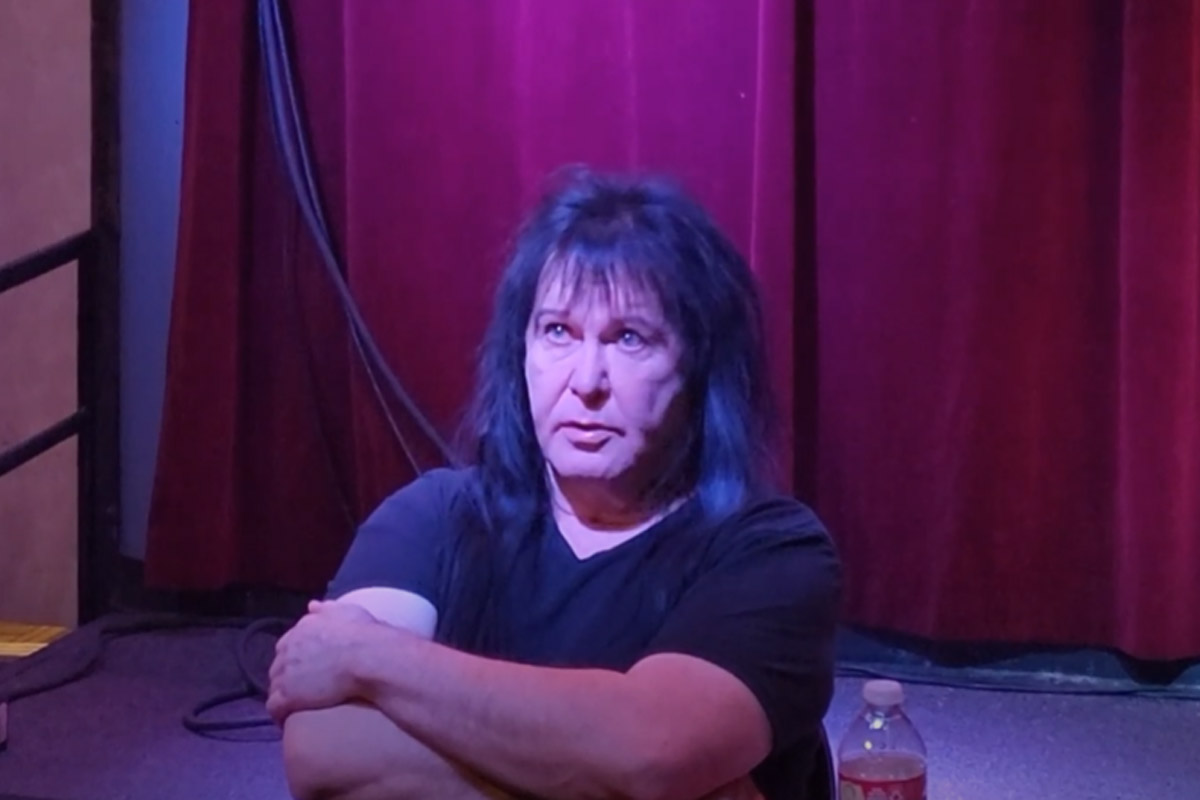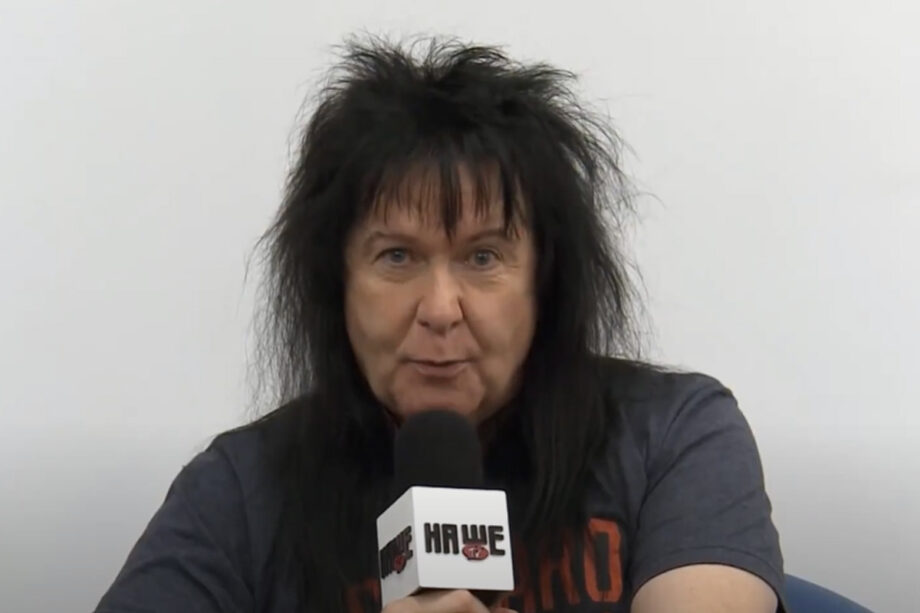W.A.S.P. frontman Blackie Lawless shared his thoughts on cancel culture during an interview with Goodstock. The veteran metal musician discussed the contemporary phenomenon of social media-driven cancellation. He emphasized its ineffectiveness against those who remain indifferent to public opinion.
“I don’t spend a lot of time there [social media], so I really don’t know a lot about it, but from what I hear, the concept of being able to cancel people, that’s a scary thought,” Lawless said. “If you have someone like me — I don’t care what you say about me; I just don’t care.”
“Someone like myself, you cannot cancel us because we don’t care. You can only cancel someone if they care,” he continued. “If I believe in something that I’m doing, I don’t care if somebody believes it or not. What’s important is what I think.”
“And I’ve spent my career telling our fans — the only thing that really matters is to think for yourself,” Lawless added. “Come up with your own ideas. Come up with your own opinions. Don’t listen to what someone next to you is telling you. Yes, you can listen, but at the end of the day, you have to decide what is right for you, and that’s really, really important.”
Lawless’s stance on cancel culture exemplifies his career-long pattern of challenging conventional norms. His commitment to artistic independence has remained steadfast regardless of public opinion or criticism.
Early Controversy And Artistic Expression

Louder Sound revealed that W.A.S.P.’s path to controversy began in the early 1980s. EMI in the UK rejected their debut single ‘Animal (F*ck Like a Beast)’ due to its provocative content.
The band’s early performances featured theatrical elements that defied conventions. Their shows incorporated raw meat throwing and bondage elements, establishing their reputation for bold artistic expression.
Modern Era Challenges

Loudwire documented Lawless’s firm rejection of contemporary social pressures. He specifically refused to modify his artistic vision to align with ‘woke culture.’
His indifference to criticism extends beyond social issues. This attitude became evident in his response to debates about the band’s use of backing tracks during concerts.
Performance Authenticity

Ultimate Classic Rock highlighted Lawless’s straightforward approach to performance criticism. He simply stated that dissatisfied fans could choose not to attend shows.
This response reinforces his enduring philosophy of artistic integrity. It aligns perfectly with his current position on cancel culture and social media criticism.





